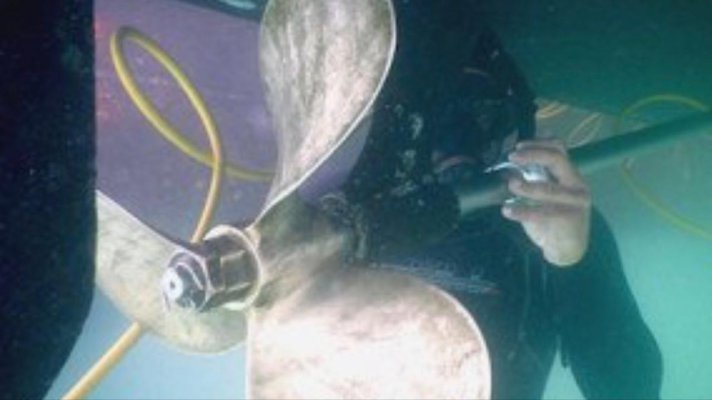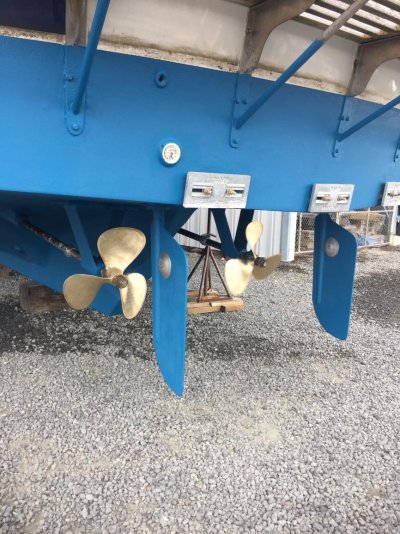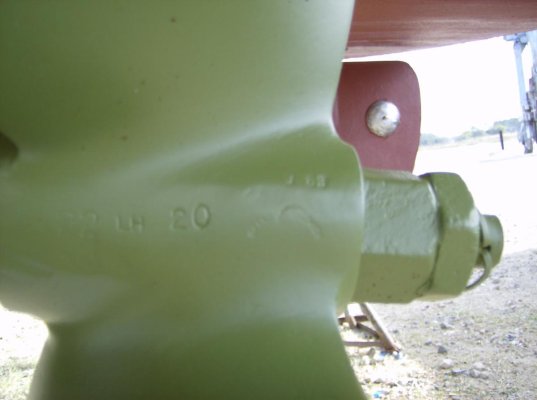Pgitug
Guru
Had trouble finding a reliable dive service. Just got a new brass scraper that works like a champ. And I saved $125.00 on the diver.
https://rover.ebay.com/rover/0/0/0?mpre=https://www.ebay.com/ulk/itm/263959837605

https://rover.ebay.com/rover/0/0/0?mpre=https://www.ebay.com/ulk/itm/263959837605





